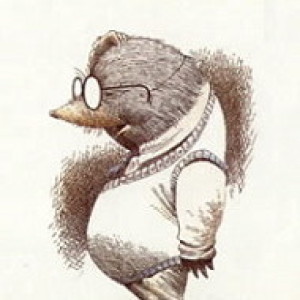War in the Pacific
William Lockerby was a European Sandalwood trader in Fiji from 1808-1809. In his Journal, he wrote, of the Fijians: In War they are fearless and savage to the utmost degree, but in peace their disposition is mild and generous towards their friends, and the affection they bear towards their relatives is seldom found among Europeans.
The number and variety of clubs, spears and other weapons of war crafted by the Fijians adds credence to the Islands being beset by relentless violence at that time. A club was the most revered and cherished personal possession of the Fijian warrior. Designed for specific purposes, there were over twenty types of clubs: dance and ceremonial clubs, throwing clubs, broad paddle types, fan-shaped clubs, pole clubs, and a large number of massive but distinct types formed from the stocks and roots of small trees and saplings.
This is an Ula club, designed to be thrown with great force at the enemy. It dates from the early 19th century, around the time that Lockerby was trading in the islands. The bright white inlayed object is a human tooth. In his book Fijian Weapons and Warfare Fergus Clunie, one time Curator of the Fiji Museum, had this to say: As with the two-handed clubs, a tally of the throwing club's kills was kept by inlaying their teeth, one tooth per kill, in the head of the throwing club, this being deliberate inlay and not the chance result of the victims having been 'clubbed' in their mouths. A tally of the kills was also sometimes kept by nicking or notching the handle.
A rather unpleasant weapon of war but not nearly as bad as the horrors that we ourselves deploy. We might all sleep more soundly if The Donald, Kim Jong-un and the like only had clubs to rattle.

Comments
Sign in or get an account to comment.


